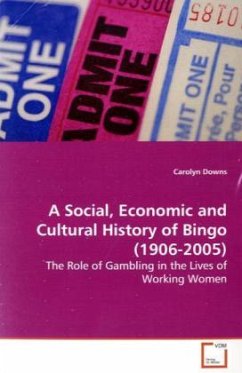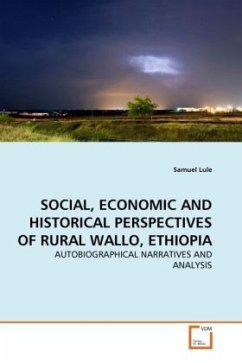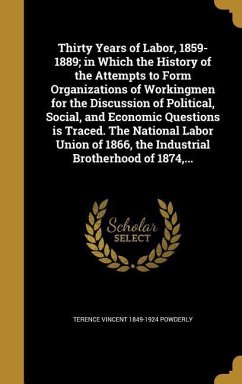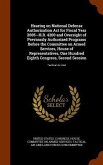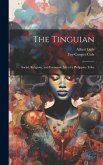This Social History of Bingo takes the long view on
presumptions that bingo is a game rooted in the
commercialization of gambling in the 1960s. It
rebuffs the notion that in the 1960s commercial
gambling entrepreneurs targeted women who had never
previously gambled; enticing them with a new form of
gambling. This work investigates whether a tradition
of playing games of chance existed amongst women, and
seeks to establish whether this included gambling
amongst working class women, who would nowadays make
up the majority of players of bingo. The nature and
influence of bingo on British culture,
links between bingo and criminality, the move of
bingo-specific language into wider use and the
potential of bingo to cause moral panics are all
examined in a book that applies scholarship to a
leisure pursuit that has long been treated as a
something of a joke by middle-class society.
presumptions that bingo is a game rooted in the
commercialization of gambling in the 1960s. It
rebuffs the notion that in the 1960s commercial
gambling entrepreneurs targeted women who had never
previously gambled; enticing them with a new form of
gambling. This work investigates whether a tradition
of playing games of chance existed amongst women, and
seeks to establish whether this included gambling
amongst working class women, who would nowadays make
up the majority of players of bingo. The nature and
influence of bingo on British culture,
links between bingo and criminality, the move of
bingo-specific language into wider use and the
potential of bingo to cause moral panics are all
examined in a book that applies scholarship to a
leisure pursuit that has long been treated as a
something of a joke by middle-class society.

